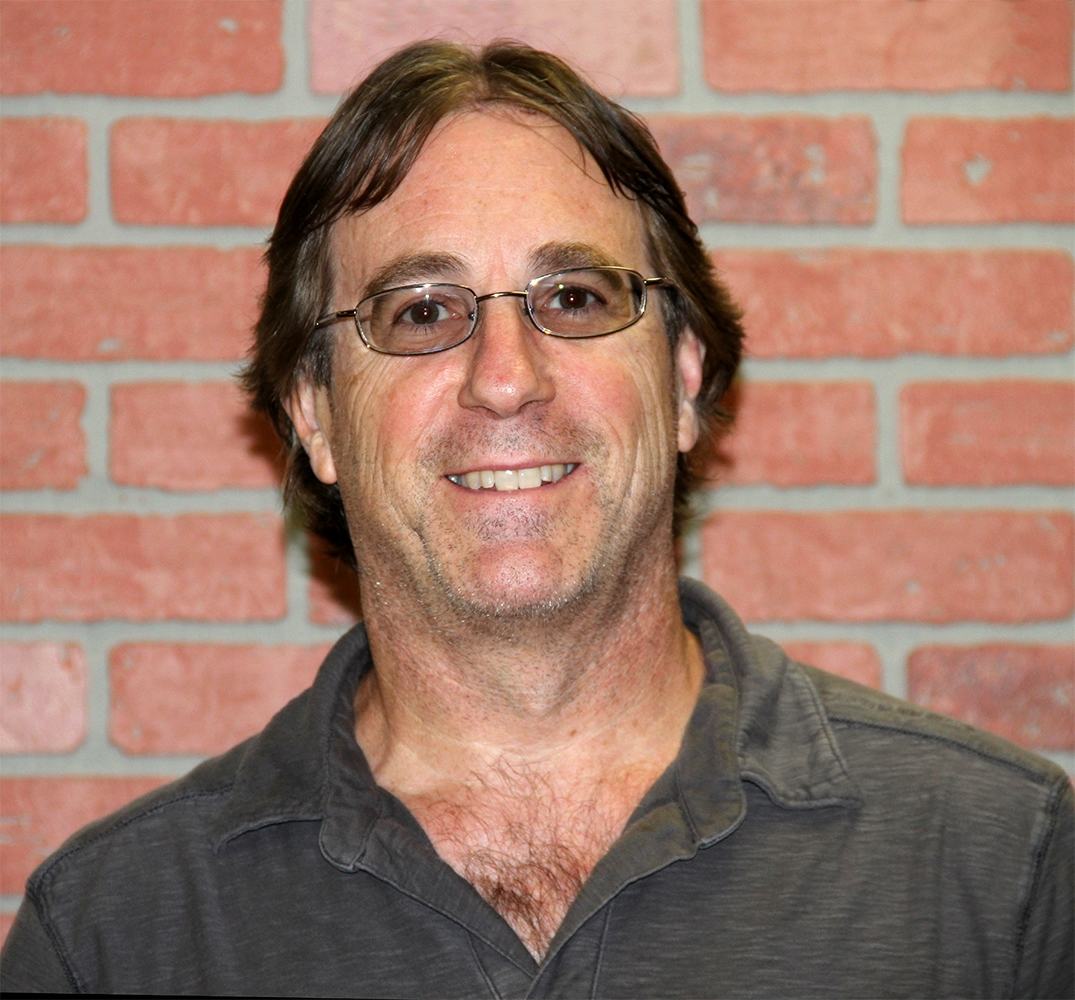使用账号密码登录
Welcome Back
使用表单注册
Welcome Back
Brief Introduction
David M. Gilbert currently leads the Laboratory of Chromosome Replication and Epigenome Regulation as a Senior Scientist at the San Diego Biomedical Research Institute (2021-present). Dr. Gilbert’s work focuses on the mechanisms regulating DNA replication during the cell cycle and the relationship between DNA replication and structural and functional organization of chromosomes, most recently during differentiation in human and mouse embryonic stem cells and in pediatric leukemia. Dr. Gilbert received his BA degrees in Biochemistry/Cell Biology and Philosophy from the University of California at San Diego and his PhD in Genetics from Stanford University. He did two post-doctoral training periods, first as an EMBO Fellow with Pierre Chambon in Strasbourg, France studying transcriptional control, and second as a Roche Fellow with Melvin DePamphilis studying replication origin recognition. He joined the faculty at State University of New York (SUNY) Upstate Medical University in 1994 and was appointed Full Professor in 2003. In 2006, he moved to Florida State University where he served as J. Herbert Taylor Distinguished Professor of Molecular Biology in the Department of Biological Science and Co-founder and Associate Director of the Center for Genomics and Personalized Medicine at Florida State University (2006-2020). He was elected as a Fellow of the American Association for the Advancement of Science (AAAS) in 2008 and then elected as a Council Delegate of the AAAS in 2010, as well as to the American Society of Hematology in 2013 and the International Society for Stem Cell Research in 2014. Dr. Gilbert’s other awards include the American Cancer Society Junior Faculty Research Award (2000), the SUNY President’s Young Investigator Award (2002), the NIH Career Enhancement Award for Stem Cell Research (2004), Florida State University Distinguished Research Professor Award (2015), Florida State University Graduate Faculty Mentor award (2016) and the Pfeiffer Endowed Professorship for Cancer Research (2015). He is a former Principle Investigator in the NIH Encyclopedia of DNA Elements (ENCODE) Consortium (2011-2017), is a member of the NIH 4D Nucleome consortium and the Southeast Stem Cell Consortium (SESCC). He has served on American Cancer Society (1996–2004) and NIH study sections (1997–present), is an editorial member of the Epigenetics Society and is on the editorial board of the Journal of Cell Biology (2008 – present) and has authored over 160 publications.
Regulation of Replication Timing and Chromosome Architecture
The mammalian genome is replicated in a defined temporal order in domains of several hundred kilobases that each complete replication in 40-60 minutes. Since chromatin is assembled at the replication fork, this is a critical time to maintain or alter chromatin composition of chromosome domains. Indeed, developmentally-programmed changes in replication timing during cell fate transitions affect at least half the genome, coordinated with changes in transcription, sub-nuclear position, chromatin structure and 3D architecture. I will summarize our current understanding of the cis- and trans-regulation of this program, causal relationships between these closely correlated structural and functional features of chromosome domains, and the consequences of disrupting the replication timing program.

